Since ages, many people have attempted to understand the fundamental laws that regulate our universe. While the quest to unlock the secret of our cosmos has always been arduous, Hermeticism can help us understand the basic principles that shape our existence.
The legendary Hermes Trismegistus has defined the foundational laws of our reality in his seven hermetic principles. Let us explore these principles in-depth and find out how you can use them for self-actualization and to improve your life.
What is Hermeticism?
Hermeticism is like a secret treasure map that helps you find the answers to big questions about life and the universe. It teaches you that everything in the world is connected and that you have a special spark inside of you that can help you understand and be a part of that connection.
It’s kind of like a big puzzle that helps you learn about the world and yourself so that you can be happy and make the world a better place.
It is simply a way of understanding the world and our place in it through spiritual exploration and the pursuit of hidden knowledge. It offers a path towards spiritual growth and enlightenment, and emphasizes the interconnectedness of all things in the universe.
Hermeticism definition: Also known as Hermetism, it is an ancient spiritual and philosophical tradition based on the teachings of Hermes Trismegistus. It emphasizes the power of the mind, the correspondence between different planes of existence, and the importance of polarity, rhythm, cause and effect, and gender in the universe.
Hermeticism beliefs have its roots in ancient Egypt and Greece and are derived from the works of the legendary Hermes Trismegistus, who is associated with the Greek god Hermes and the Egyptian god Thoth.
He is believed to be the god of wisdom and writing and is attributed with the authorship of a collection of esoteric writings known as the Hermetica.
The word “hermetic” is derived from the Greek word “hermetikos”, which means secret or hidden. Hermetism is a complex and multifaceted tradition that has influenced many aspects of Western culture, from alchemy and astrology to mysticism and esotericism.

Related: What Is The Point Of Life? The Answer Is Not What You May Think It Is
History of Hermetic philosophy
The origins of this philosophical system are shrouded in mystery and myth. According to legend, Hermes Trismegistus was a wise sage who lived in ancient Egypt and possessed great knowledge of the spiritual and physical world.
He was said to have written a series of texts known as the Corpus Hermeticum, which contained the teachings of Hermetism. It was heavily influenced by the philosophical and spiritual traditions of ancient Greece and Egypt.
The Corpus Hermeticum dates back to the 2nd and 3rd centuries CE, and is referenced in other related works such as the Asclepius, the Stobaean Fragments, and the Emerald Tablet.
These texts were written in Greek, but some of them are believed to be translations or adaptations of earlier Egyptian and Babylonian texts.
The texts were rediscovered during the Renaissance and became a major source of inspiration for many scholars and philosophers.
During this period, Hermetism became popular as many people were interested in the ancient wisdom of Greece and Egypt. Hermetic ideas were embraced by many intellectuals of the time, who saw them as a way to reconcile Christianity with the pagan traditions of the past.
Hermeticism in Ancient Egypt and Greece
The origins of this ancient philosophy can be traced back to ancient Egypt, where the god Thoth was associated with wisdom, writing, and magic. Thoth was often depicted as a baboon or an ibis, and was considered the patron of scribes and scholars.
He was also associated with the goddess Ma’at, who represented truth, justice, and cosmic order.
The teachings attributed to Thoth were later assimilated into Greek culture, where he became identified with the god Hermes.
In Greek mythology, Hermes was the messenger of the gods, and was associated with commerce, thieves, and travelers. He was also regarded as the patron of alchemy, astrology, and magic.
The fusion of Egyptian and Greek traditions gave rise to the Hermetic philosophy, which was based on the idea that there was a hidden wisdom or knowledge that could be accessed through the study of nature, the stars, and the human soul.
This knowledge was said to reveal the secrets of the universe and provide a path to spiritual enlightenment.
Related: Navigating Modern Spirituality: A Guide To Finding Your Spiritual Path
Understanding Hermetic teachings
The teachings of Hermeticism emphasize spiritual transformation, the unity of all things, and the pursuit of knowledge and wisdom.
It teaches that there is a divine spark within every human being that can be awakened and developed through the practice of spiritual disciplines such as meditation, contemplation, and alchemy.
One of the central teachings of Hermetism is the concept of “As above, So below.” This principle suggests that there is a correspondence between the macrocosm of the universe and the microcosm of the individual.
It expresses the idea that the same laws and patterns that govern the cosmos also operate within human beings, and that by understanding and aligning oneself with these universal principles, one can achieve spiritual enlightenment and mastery.
Another important aspect of Hermeticism is the belief in the existence of a hidden or esoteric knowledge that can be accessed through the practice of spiritual disciplines and the study of sacred texts.
This knowledge is said to reveal the true nature of reality and the workings of the universe, and to provide a path to spiritual liberation and transcendence.
Hermetism has had a significant influence on Western esotericism and has been incorporated into various mystical and occult traditions, such as –
- Kabbalah
- Rosicrucianism
- Freemasonry
It has also influenced modern spiritual movements such as New Age spirituality and the Theosophical Society.

7 Hermetic principles
Hermes outlined seven Hermetic principles as the foundational laws of our reality that govern the workings of the universe. We can consider these principles as rules for how everything in the world works.
They teach us that everything is connected and that we can understand how things work by paying attention to the patterns around us.
Here are the seven Hermeticism principles:
1. The Principle of Mentalism
This principle says that everything starts as an idea in your mind. It’s like when you have an idea for a story or a drawing, and then you make it happen. This principle asserts that everything in the universe is a product of the mind, and that the universe itself is a mental construct.
2. The Principle of Correspondence
This principle teaches us that things that seem different can actually be connected in some way. It’s like how a tree and a person are different, but they are both living things that grow and change.
It states that there is a correspondence between the different planes of existence, meaning that what happens on one level has a corresponding effect on other levels.
Related: Equanimity: The Buddhist Philosophy For Cultivating Wisdom and Compassion
3. The Principle of Vibration
This principle says that everything is always moving and vibrating. Even things that seem still, like a rock, are made up of tiny particles that are always moving. It suggests that everything in the universe is in a state of constant vibration, with different vibrations producing different effects.
4. The Principle of Polarity
This principle teaches us that everything has two opposite sides, like hot and cold or light and dark. It’s like a coin that has a head and a tail. It asserts that everything in the universe has two opposing poles or aspects, and that these poles are necessary for the existence of everything.
5. The Principle of Rhythm
This principle states that everything has a natural rhythm or pattern. It’s like how the seasons change and how your heart beats in a regular pattern.
According to this principle, everything in the universe moves in cycles, with ups and downs, and that these cycles are necessary for growth and evolution.
6. The Principle of Cause and Effect
This principle teaches us that everything happens for a reason. It’s like when you study hard and get good grades, or when you practice a sport and get better at it. It asserts that everything that happens in the universe has a cause, and that every cause produces an effect.
7. The Principle of Gender
This principle says that everything has masculine and feminine aspects. It’s like how the sun is a masculine force that gives warmth and light, and the moon is a feminine force that controls the tides.
The universe is governed by such masculine and a feminine aspects, and that these aspects are necessary for creation and procreation.
These principles are often used as a means of understanding and interpreting the workings of the universe, as well as a guide for personal growth and spiritual development.
Related: Wu Wei: The Ancient Chinese Philosophy Of ‘Effortless Action’
Hermetic practices
Hermeticism is not just a set of abstract philosophical ideas; it is also a practical tradition that includes a variety of practices and techniques for spiritual development. According to the Hermetic society, some of these practices include meditation, visualization, and ritual.
1. Meditation
Meditation is a key practice in Hermetism, as it helps to quiet the mind and develop inner awareness.
2. Visualization
Visualization is another important practice, as it allows the practitioner to create mental images of desired outcomes and to focus their energy on manifesting those outcomes.
3. Ritual
Ritual is also an important part of Hermetic practice, as it helps to create a sacred space and to connect the practitioner with the spiritual realms. Hermetic rituals often involve the use of symbols, incense, and other tools to create a powerful and transformative experience.

How to use hermetic philosophy to improve your life
Hermeticism can help you improve your life by teaching you how the world works and giving you a set of principles to live by. By understanding these principles and applying them to your life, you can become more positive, creative, and balanced.
Here are some simple ways you can apply the seven hermetic principles in your life:
1. Believe in yourself and your abilities
The principle of mentalism teaches that you should imagine what you want and believe you can make it happen. Start by setting goals and imagining yourself achieving them. Visualize success and keep a positive mindset.
Remember that your thoughts create your reality. Be mindful of your thoughts and beliefs, and focus on positive and empowering ideas.
2. Connect with others and find common ground.
The principle of correspondence teaches us to look for ways things are connected, even if they seem different. Try to find connections between seemingly unrelated things, and use those connections to solve problems creatively.
Understand that everything is connected. Treat others with kindness and respect, and be aware of how your actions and choices affect those around you.
Related: 21 Laws of Dokkodo: The Japanese Way of Walking Alone
3. Stay focused and motivated
Remember that everything is always moving and changing. The principle of vibration can be applied effectively when you become aware of the energy you give off and the energy around you.
So surround yourself with positivity and high vibrations, and let go of negative thoughts and emotions. Pay attention to your body and your emotions. Take care of yourself physically and emotionally, and surround yourself with positive energy.
4. See the good in everything and learn from the bad
The principle of polarity asserts that there are always two sides to everything, so choose to focus on the positive. However, make sure to embrace the duality of life. Recognize that challenges and setbacks are necessary for growth and appreciate the good and bad in life.
Remember that every situation has both positive and negative aspects. Try to focus on the positive and find ways to turn negative situations into learning opportunities.
5. Develop healthy habits and routines
To apply the principle of rhythm, embrace life’s ups and downs. Find patterns in your life and make routines.
Pay attention to your own natural rhythms, such as your sleep cycle or your work habits. Create routines that work with your natural rhythms. Know that everything is temporary, and focus on maintaining balance and harmony in your life.
6. Think about the consequences of your actions
Think before you act and consider how your actions might affect you and others. The principle of cause and effect can be applied by taking responsibility for your actions, choices and their consequences.
Understand that everything you do has consequences, and strive to make positive choices that benefit yourself and others.
7. Embrace all aspects of yourself and find balance
Everyone has both strong and gentle sides, so embrace both. Remember that everyone has both masculine and feminine aspects, regardless of their gender identity. Embrace both your assertive and your nurturing sides, and seek balance between them.
This is how you can apply the principle of gender. Recognize the importance of balance and harmony in all areas of your life, and cultivate qualities of strength and compassion.
Applying the Hermetic principles in your life involves being mindful, aware, and intentional in your thoughts, actions, and choices. By embracing these principles, you can cultivate a deeper sense of connection, purpose, and fulfillment in your life.
Related: Sohwakhaeng: The Korean Philosophy Of Small But Certain Happiness
Hermeticism: The secret map of the universe
Hermetism is a rich and complex spiritual and philosophical tradition that has influenced many aspects of Western culture. Its teachings and practices offer a powerful means of personal transformation and spiritual growth, and its ideas continue to inspire and challenge people to this day.
While it may seem esoteric and mysterious to some, its teachings and practices offer a profound and transformative path to those who are willing to embrace its wisdom.
Whether you are interested in philosophy, spirituality, or personal development, Hermetism has something to offer everyone who is on a quest for deeper meaning and purpose in life.
Frequently Asked Questions (FAQs):
Who is the creator of Hermeticism?
The origins of Hermeticism are uncertain, but it is attributed to the legendary figure Hermes Trismegistus, a fusion of the Greek god Hermes and the Egyptian god Thoth.
How old are the 7 Hermetic principles?
The 7 Hermetic Principles were first introduced in the early 20th century by the occultist and author, William Walker Atkinson, in his book “The Kybalion.”
What is a Hermetic life?
A hermetic life refers to a way of living that incorporates the principles of Hermeticism, such as seeking knowledge, practicing self-transformation, and connecting with the divine through meditation and contemplation.
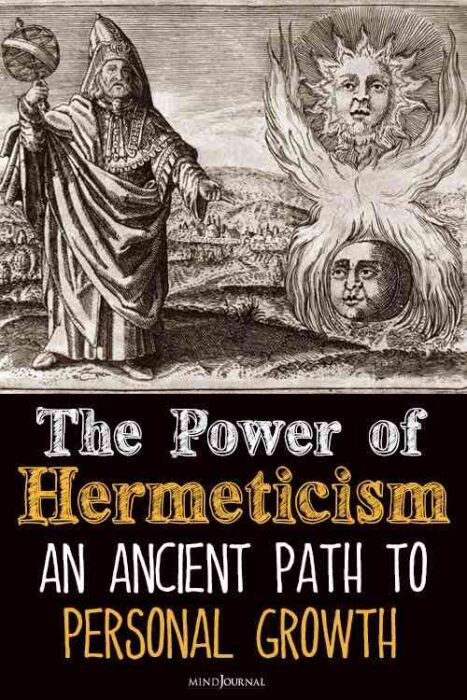
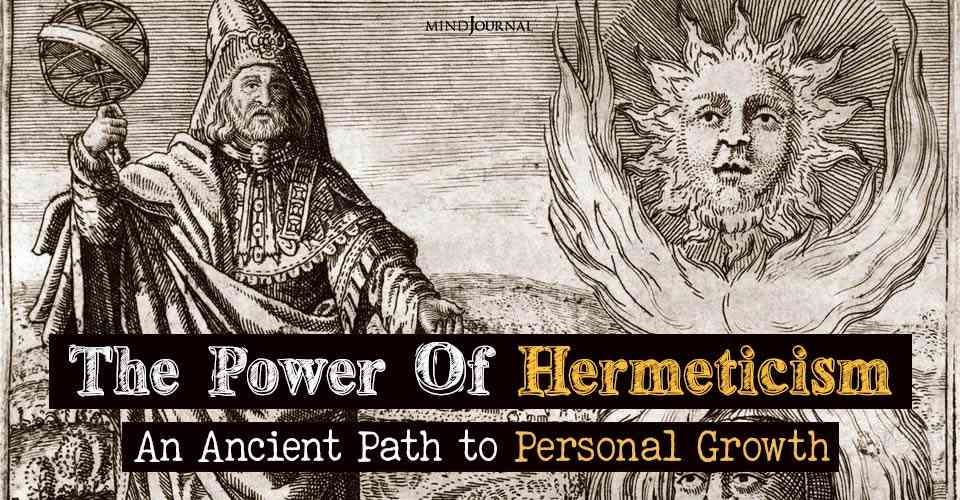
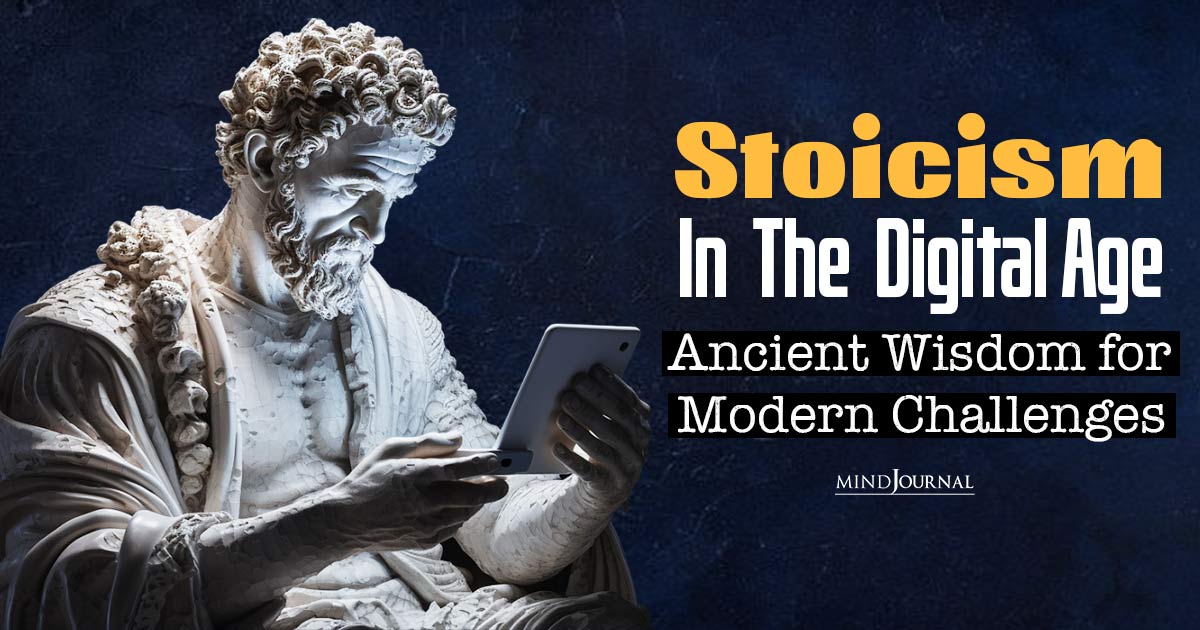


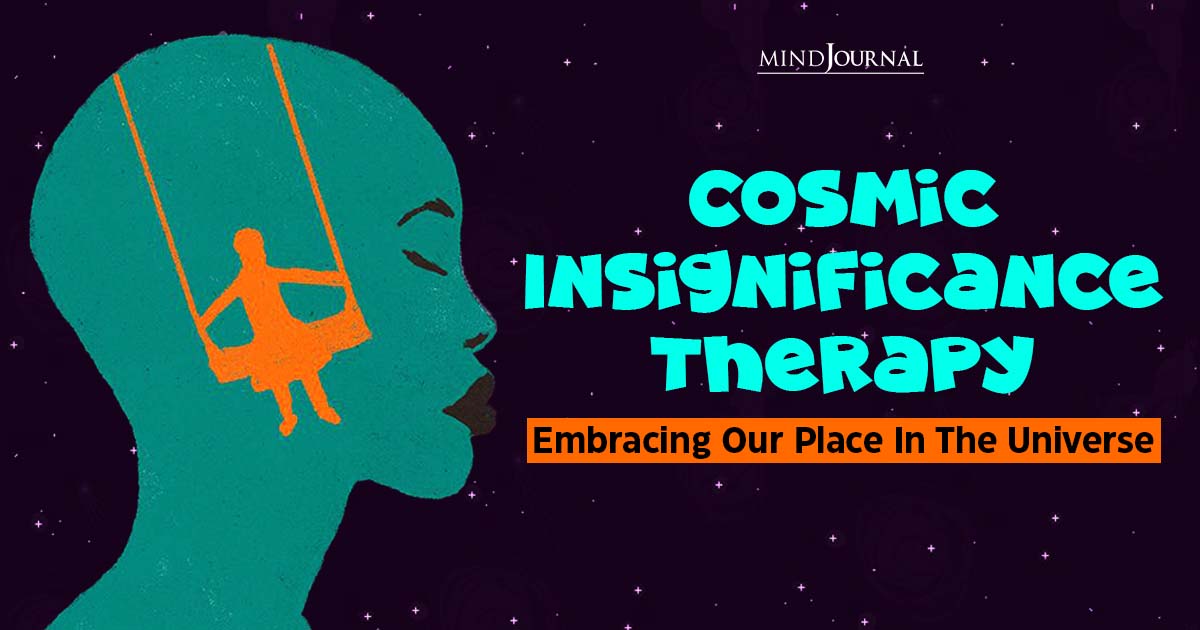
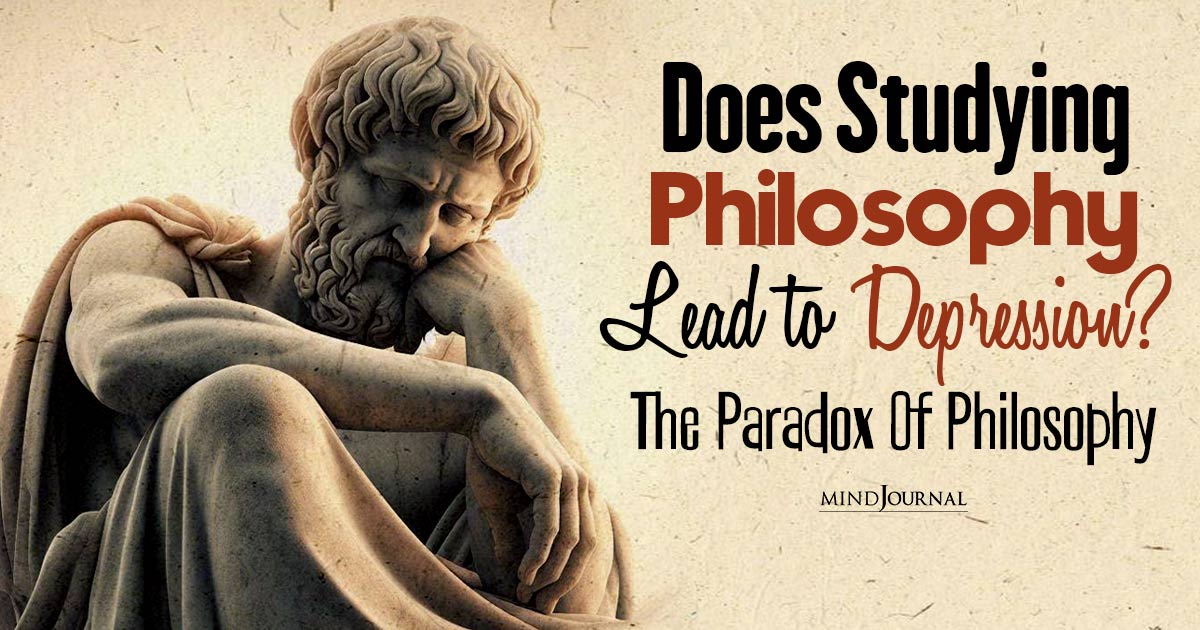
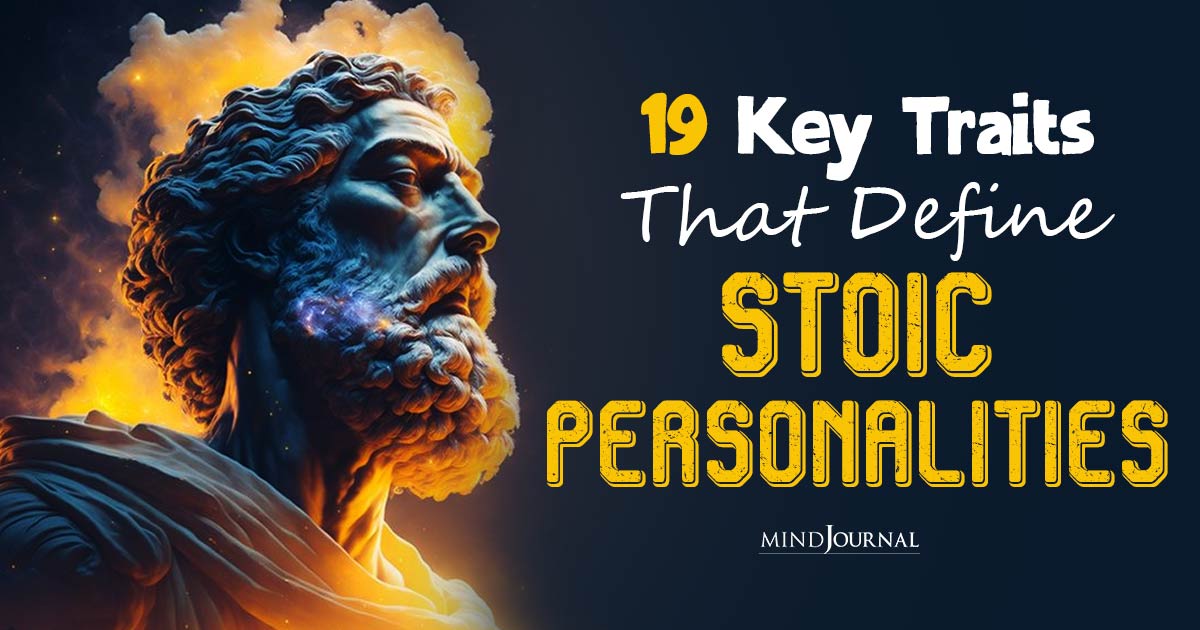
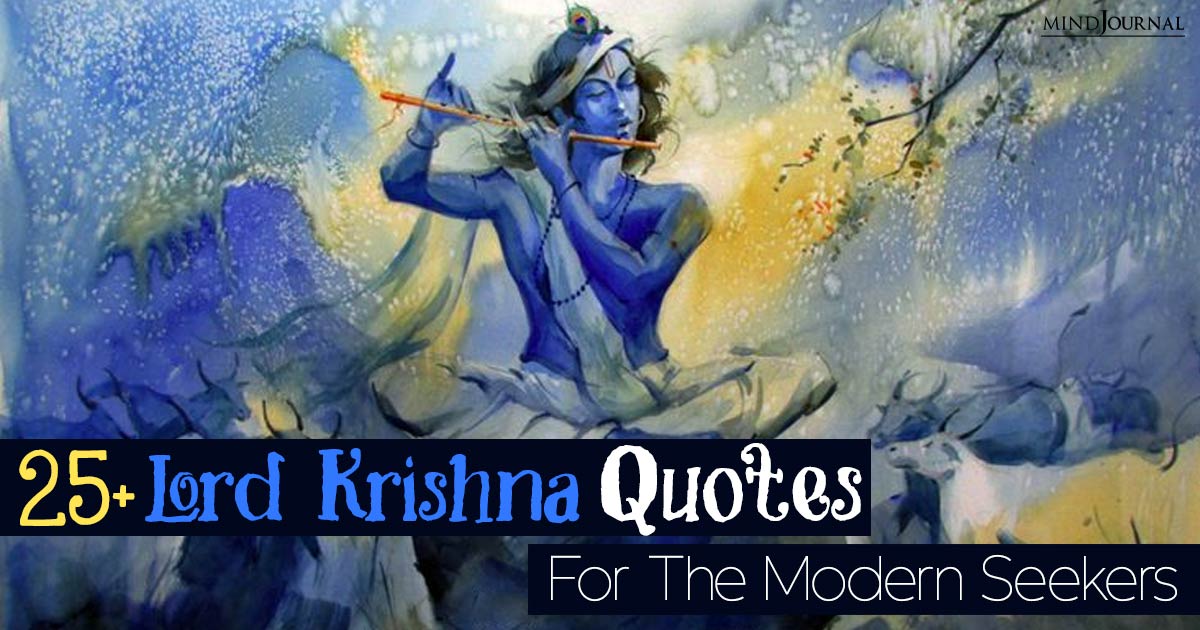
Leave a Reply
You must be logged in to post a comment.